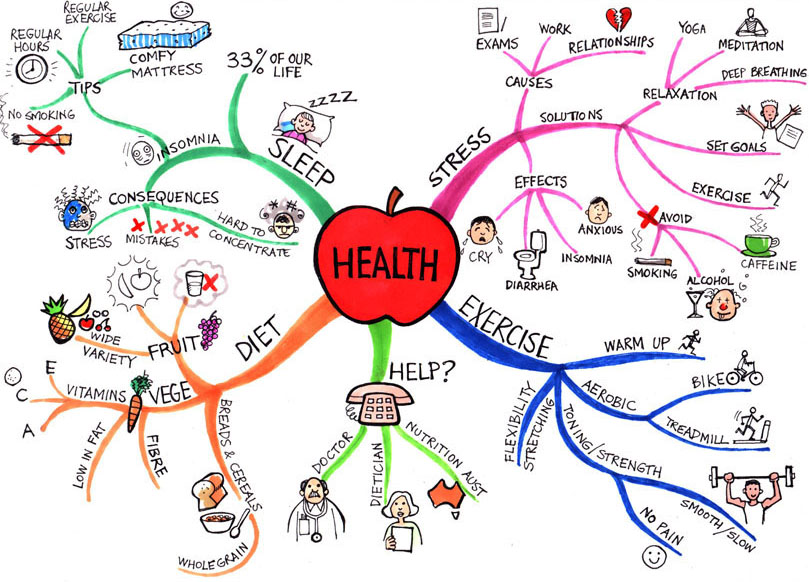Of late, I have not been very active on this blog. I have alot on my plate , trying to juggle all the different areas of my life. It appears that I have fallen into the category of the woman who tries to keep everyone else happy and sometimes forgets about herself.
When I was young, I had this inner stirring to write. Though I considered applying to the Star newspaper for a job, I didnt have the confidence then, to do it. Now, many years later, I realise that I hadn't listened to that intuitive call.
I had started keeping a journal even in my primary years. I wrote on pieces of paper, not knowing that it was called journalling. It seemed very natural then and served as an outlet to release my pentup emotions. It was in my journal that I felt safe enough to voice my innermost thoughts and feelings about the perceived injustices and inequalities of my young life. Being born into a predominantly male family, you could say that I was already a feminist by age nine.
Journaling is a form of self therapy. Today, the journal is a tool recommended by many therapists and counsellors. There are even books on how to journal and the benefits of journalling. A journal can help you figure out how you feel, what you think, what you need, what you want to say, how you want to handle a situation, just by writing it through.
You don't need to think of yourself as a writer or even like to write. What you can do is a kind of free writing or stream-of-consciousness writing. Choose a topic which you feel you need to express. If possible, set aside a time each day to write. Write without stopping. You needn't use full sentences. You needn't spell or punctuate properly. It can be in English or another language. It's not about trying to make sense to someone else. Rather it's a way to short-circuit some of your censors to get to what you need to say.
Writing is therapeutic. It is a tool which we can use to heal ourselves. Through the years, I have written letters of closure to my late grandmother and even my pets. The best thing about it is that it is quiet, cheap and portable. And if you regularly create a sacred space for introspection, you will be rewarded with many surprising insights through your writing. I know I have.

























